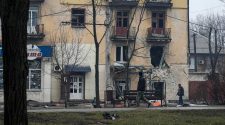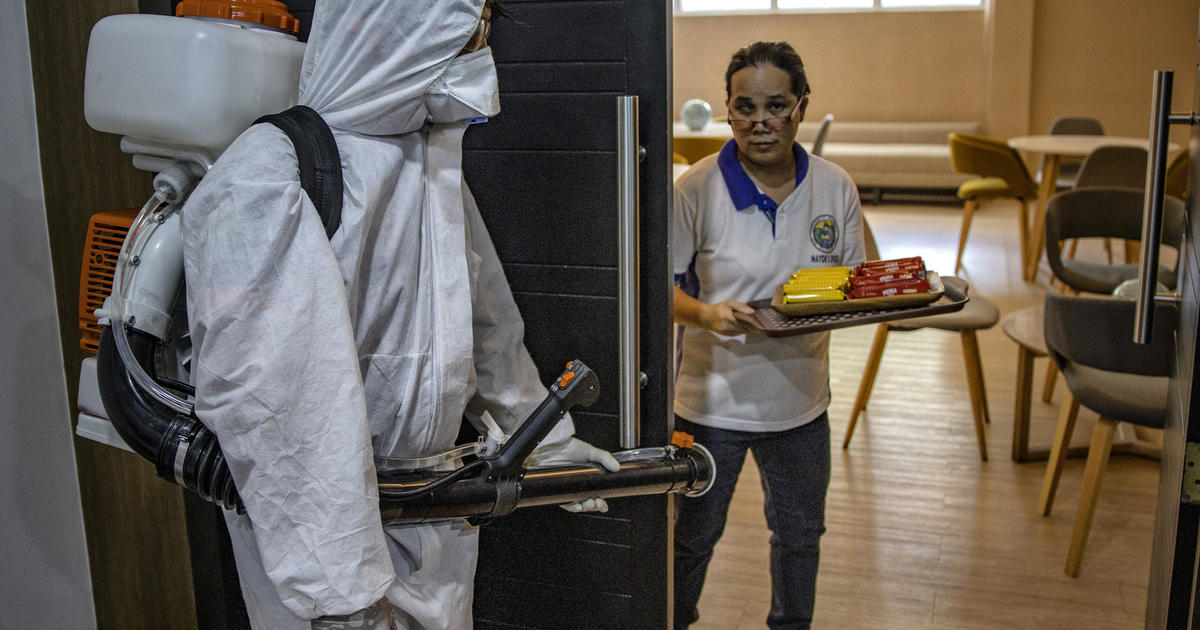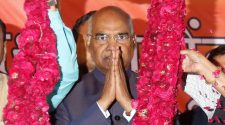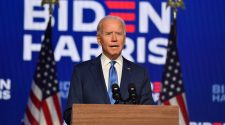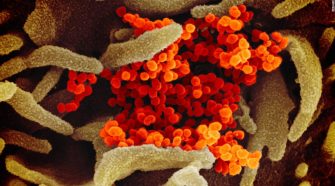A week of dizzying escalation has seen the coronavirus pandemic spread to more than 120 countries, with senior members of governments around the world among those affected. Every aspect of modern life has been impacted as Western countries, including the U.S., increasingly adopt the kind of control measures that appear to have helped China get over the worst of its COVID-19 outbreak.
By Friday, school closures and event cancellations in the U.S. and Europe were mounting so fast it was difficult to keep track — a sign that more political leaders are swallowing the bitter pill being forced on them by health experts: Take the economic gut punch and do everything possible to slow the spread of the virus now, or pay a higher price later.
While more than half of the roughly 128,000 people who’ve caught the virus worldwide have already recovered, the toll in human lives and dollars is already staggering, and expected to get much worse before it gets better. More than 4,700 people have died, including 42 in the U.S. Economists warn the world could be headed for a recession and global stock markets have already hemorrhaged some $16 trillion in value.
Fueling the fear in financial markets and towns and cities the world over is the simple fact that four months after it first started making headlines, the COVID-19 disease retains an aura of mystery. With vastly different figures in various countries, it still isn’t clear how deadly the disease is, how easily it spreads, or how many undetected cases may be lurking around the world.
The race to better understand it requires a huge increase in data from patient testing. The Trump administration is still playing catch-up with those efforts and, as the virus derails election year activities, the White House is also facing mounting pressure over what critics from both major parties say has been a poorly coordinated response.
As more lawmakers in Washington shut their offices and tell staff to work from home, they continue to haggle with the White House over a massive financial rescue package to help Americans, and American businesses, bear the burdens brought by the fast-spreading disease.
For detailed information on coronavirus prevention and treatment, visit the Centers for Disease Control and Prevention website here.




